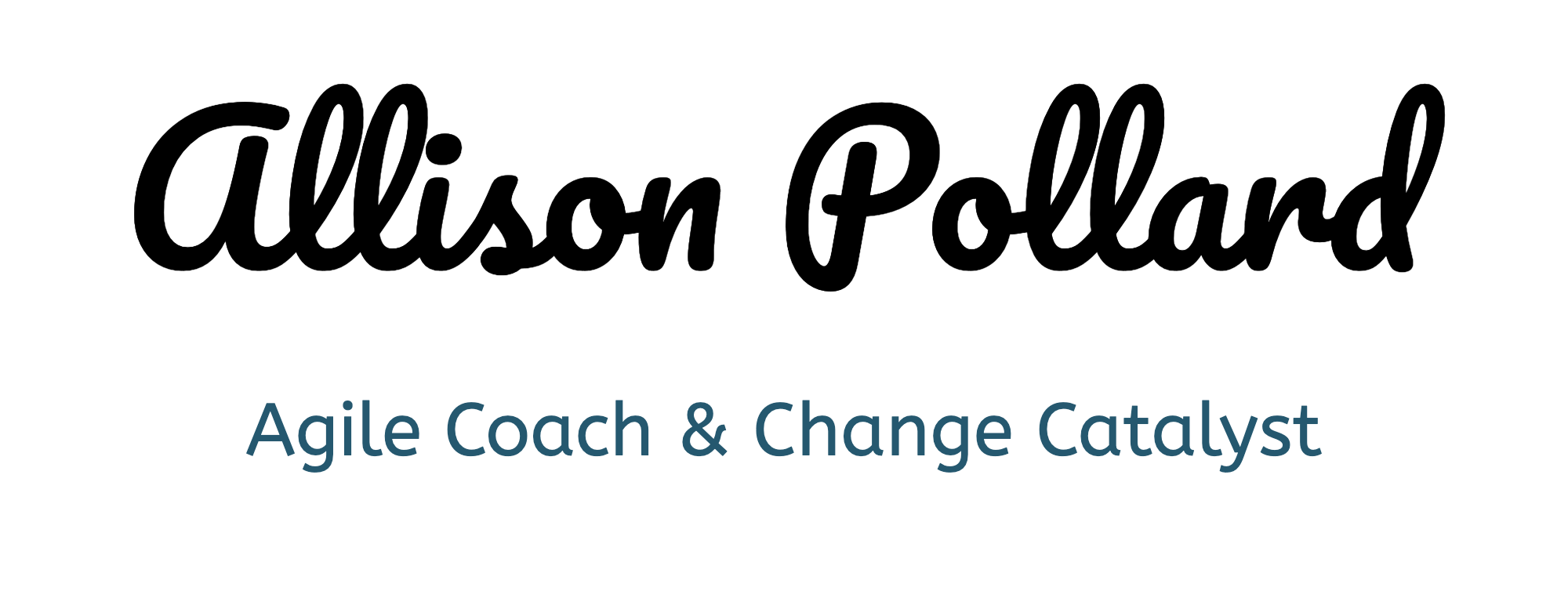Retrospectives and Scrum Values
Weak retrospectives bother me. The ones where the team members don't speak honestly and fully or the ones where actions are not identified--the ones that feel like a waste of time because no changes are coming out of them. The facilitator has a responsibility to guide the team to reflect upon itself and identify ways to improve. As a result of my enthusiasm for effective retrospective meetings, my coworker Ty has nicknamed me the "Retrospective Diva." According to the Scrum Guide, the purpose of the Sprint Retrospective is to:
- Inspect how the last Sprint went with regards to people, relationships, process, and tools;
- Identify and order the major items that went well and potential improvements; and,
- Create a plan for implementing improvements to the way the Scrum Team does its work.
I shared with Ty some of the activities I use when facilitating a retrospective (which I learned from Agile Retrospectives by Esther Derby and Diana Larsen), and he too sings praises of the Team Radar activity. Teams can be hesitant to open up, but the rewards can be huge. I like to have team members individually and anonymously rate the team on a scale of 1 to 10 on the 5 scrum values: communication, courage, focus, openness, and respect. The results often provide for interesting discussion within the team since they are plotted on a chart for everyone to see, and the debriefing is key. I find it beneficial to change the activities in each retrospective so the team does not fall into a thinking rut, but the Team Radar is a good one to revisit with the team periodically.

